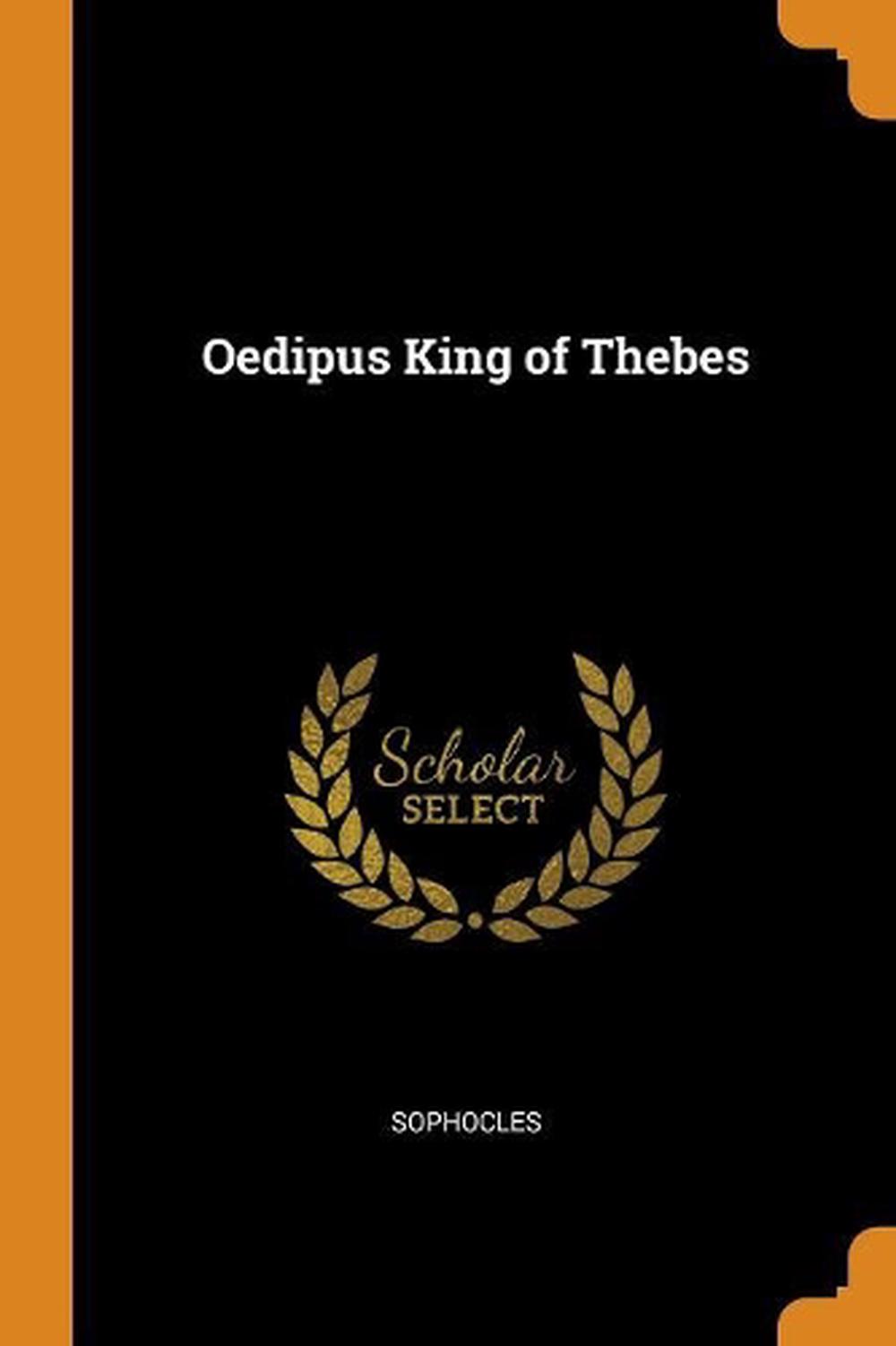


He refers to himself as “I, distinguished Oedipus,” ( ego clarissimus) and clearly thinks he is a great leader deserving of his fame for defeating the Sphinx. Yet he also comes off as overconfident in his abilities. In his opening speech, Oedipus addresses his subjects as his “children” ( liberi), and vows: “I will free you,” “I will deliver you,” and “I will save you.” Oedipus sounds like a compassionate father who is determined to move mountains to save his beloved offspring. This time, however, the results are drastically different. When disaster strikes the city again, this time in the form of a plague, Oedipus displays the same heroic qualities he demonstrated when he saved Thebes from the Sphinx. (To the Sphinx, being immortal, a human lifetime seems only a day.) Oedipus is made king for this feat, since it had been announced that whoever solved the riddle would become king of Thebes.

Oedipus, a stranger to Thebes, answers: a human, because it crawls as a child, walks on two legs in adulthood, and relies on a cane in old age. The Sphinx presented all visitors to Thebes with a riddle: What goes on four feet in the morning, two at noon, and three in the evening? It devoured those who failed to answer correctly.

Once there, he heroically saves the city from the scourge of the Sphinx. Confident that he can outrun his fate, he flees his parents, King Polybus and Queen Merope, and heads for Thebes––a classic example of hubris is the hero’s belief that he can outmaneuver the gods. As a young man in the city of Corinth, he learns from the Delphic oracle that he is fated to kill his father and marry his mother. Oedipus is a classic example of the tragic hero. Hubris refers to an outsized sense of self-confidence or self-importance. These qualities include courage, humanity, shrewdness, determination, and also something which the Greeks called hubris (hyoo-bris). For the ancient Greeks, this paradox encapsulates the predicament of the tragic hero: he is undone by the same qualities that enable him to do great things. The very traits that made him an effective ruler will ruin him. At the heart of Oedipus Rex is a paradox: a leader must figure out what is destroying his city, but will destroy himself by doing so.


 0 kommentar(er)
0 kommentar(er)
